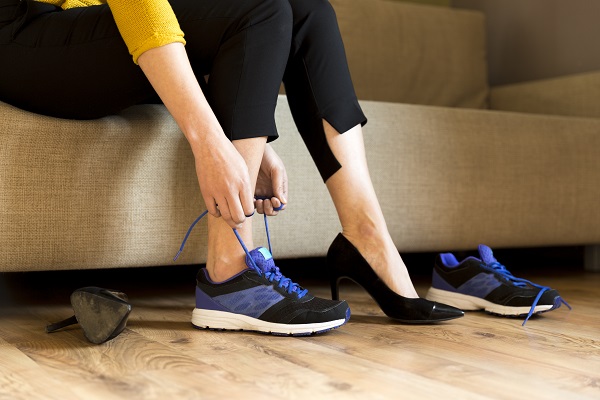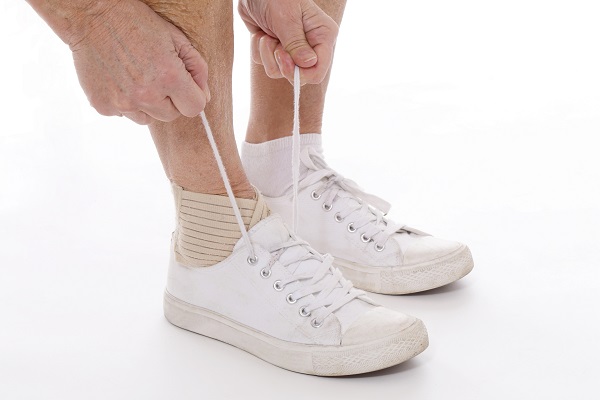August 28th, 2018

Wearing the wrong shoes is surprisingly common. If you own a pair of fabulous shoes that always seem to be painful to wear, you know that's true. People often sacrifice comfort for fashion. Everyone should treat their feet well, but that's especially important for people who suffer from arthritis. Poor arch support or inadequate cushioning can exacerbate existing problems, including joint pain. Fortunately, there are shoes designed with arthritis sufferers in mind. There are also some shoes that you should avoid.
Worst: High Heels
High heels are defined as shoes with heels that are higher than two inches. High heels are hard on the ball and arch of the foot, which adds pressure that contributes to wearing down joints over time. If you have arthritis, high heels can actually hasten the deterioration of your joints. For people without arthritis, high heels still cause pain, and extended wear can potentially lead to future joint problems. In short: it's best for everyone to avoid wearing high heels.
Worst: Low Heels
Low heels are similar to high heels, but to a lesser degree. If the shoe has a pointy toe, you can expect even more discomfort and pain. Pointy shoes are known to cause conditions like hammertoes, and they may produce pinched nerves. Remember that if a shoe is painful, it's hurting your feet, and repeated wear will eventually reveal the consequences. If you do wear low heels, be sure to choose a pair with rubber soles, plenty of room for your toes, and wedge heels. The added surface area reduces the pressure on your feet and joints, while the sole helps to absorb shock.

Better: Flip-Flops
Do you have trouble with your knees? The right pair of flip-flops could help alleviate pain but be sure to choose flip-flops that have a stable foot bed and excellent arch support. Some studies have shown that wearing flip-flops creates less pressure on the knee, when compared to clogs and sneakers.
Best: Athletic Shoes
Athletic shoes are what most people think of when they picture a stability shoe. Stability shoes take weight off the ball of the foot, which reduces pressure. That's important for anyone with arthritis in their knees, ankles, hips, or feet. A good athletic shoe for arthritis sufferers also provides cushioning and motion control for people who overpronate. Overpronation is the tendency of your foot to roll inward more than is needed for shock absorption or weight distribution. It's easy to check if you overpronate by having a specialist examine your shoes.
Despite these recommendations, it is important to point out that no one type of shoe works for any one type of foot problem. Dealing with foot and ankle pain in Atlanta isn't easy. Wearing the right shoes can certainly be beneficial. Keep these recommendations in mind.
Back






